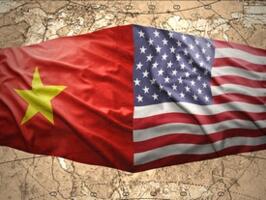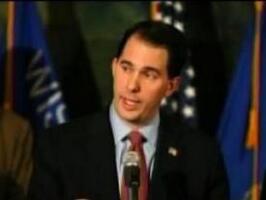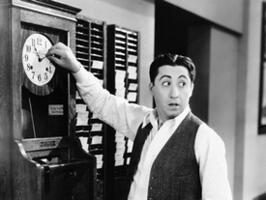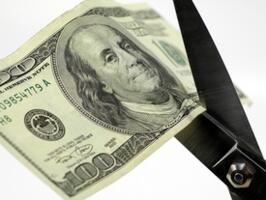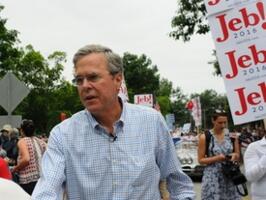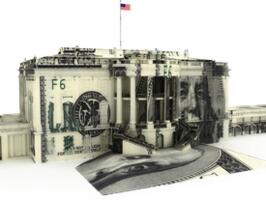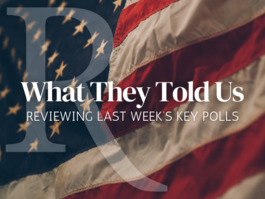Hillary Clinton's Economics: Suddenly It's 1947 By Michael Barone
Like it or not, Hillary Clinton is the single individual most likely to be elected the next president. So it's worthwhile looking closely at and behind her words when she deigns to speak on public policy, as she did in her July 14 speech on economics.

